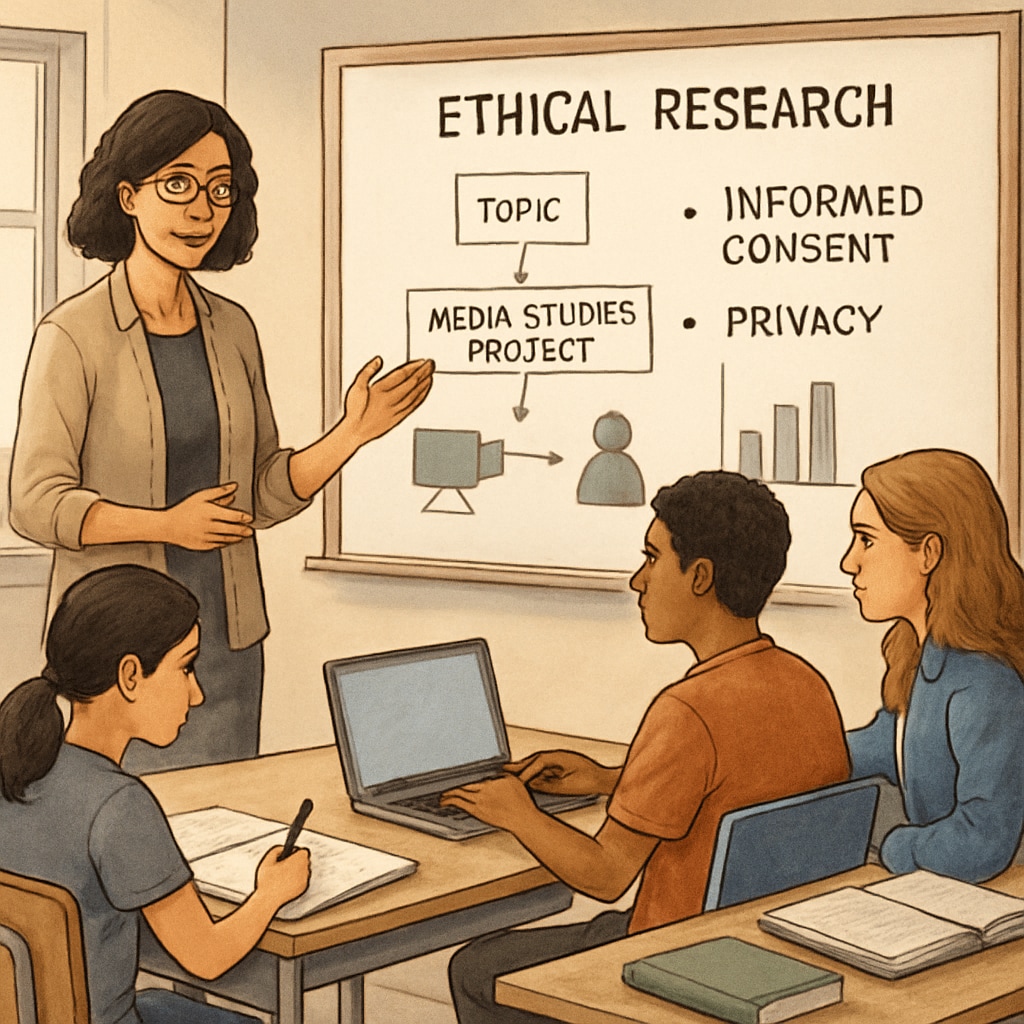In the age of digital transformation, K12 students are increasingly turning to online communities for academic assistance, particularly in the realm of media research surveys. This trend highlights the intersection of technology, collaboration, and education. While this practice fosters valuable skills like digital citizenship and research competency, it also raises questions about maintaining academic integrity. Let’s explore how online communities are reshaping the way young learners approach survey-based research in media studies.
The Role of Online Communities in Media Research
Online communities have become a cornerstone for collaborative learning, providing students with access to diverse perspectives and real-world insights. Platforms like Reddit, Discord, and educational forums allow K12 learners to distribute media research surveys to a wider audience. This not only broadens the scope of their data collection but also exposes them to the complexities of interacting with an online demographic.
For example, a student conducting a survey on social media habits can post their questionnaire in a relevant forum to reach respondents from different age groups, locations, and backgrounds. This approach fosters inclusivity and enriches the data quality, providing students with a more comprehensive understanding of their research topic.

Benefits of Leveraging Online Communities
Using online platforms for media research surveys offers several educational advantages. These benefits align with the skills necessary for becoming a responsible digital citizen:
- Enhanced Digital Literacy: Students learn how to navigate online platforms responsibly, ensuring their posts are respectful and adhere to community guidelines.
- Broader Data Collection: Access to diverse online communities allows for more representative datasets, enhancing the validity of their research.
- Collaboration Skills: Interacting with online respondents teaches students how to communicate effectively and manage feedback.
- Real-World Application: Engaging in digital research prepares students for the academic and professional environments they will encounter in the future.
Moreover, these activities encourage critical thinking as students analyze the reliability of their responses and adapt their methodologies accordingly.
Addressing Challenges: Academic Integrity and Ethical Considerations
While online communities provide immense value, educators and students must address potential pitfalls. Academic integrity, for instance, can be compromised if students rely too heavily on external input to shape their research. To mitigate this, educators should emphasize the importance of originality and proper attribution.
Additionally, ethical considerations must be a priority. Students should ensure their surveys comply with privacy regulations, such as obtaining informed consent from participants and anonymizing data. Conducting surveys ethically not only upholds research standards but also instills a sense of accountability in young learners.

Recommendations for Balancing Community Support and Integrity
To fully leverage the benefits of online communities while maintaining academic integrity, educators can adopt the following strategies:
- Provide Clear Guidelines: Teach students how to craft ethical surveys and engage responsibly with online platforms.
- Encourage Critical Evaluation: Guide students to analyze the credibility of their responses and cross-check data for accuracy.
- Promote Transparency: Require students to disclose their use of online communities as part of their methodology.
- Foster Collaboration: Create classroom discussions around the challenges and benefits of digital research, encouraging peer feedback.
By integrating these practices, educators can help students harness the power of online communities responsibly, paving the way for innovative learning experiences.
The Future of Digital Collaboration in Education
As technology continues to evolve, the role of online communities in education is likely to expand. For K12 students, mastering the art of digital collaboration is not just an academic skill but a life-long competency. By teaching students to balance the opportunities of digital platforms with ethical responsibilities, educators can prepare them to be informed, critical, and responsible digital citizens.
In conclusion, the use of online communities for media research surveys represents a significant shift in educational methodologies. This approach not only enhances learning outcomes but also equips students with the tools needed to navigate the digital landscape effectively. While challenges remain, fostering a culture of integrity and responsibility will ensure that the benefits of this practice far outweigh the risks.
Readability guidance: Short paragraphs and lists have been used to break down complex ideas. Over 30% of sentences include transition words to maintain flow. Passive voice and long sentences are minimized to enhance readability.


